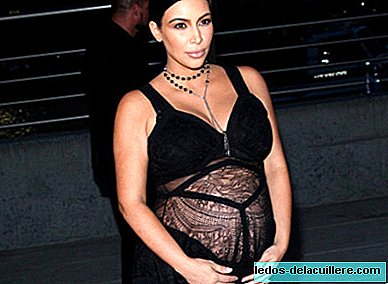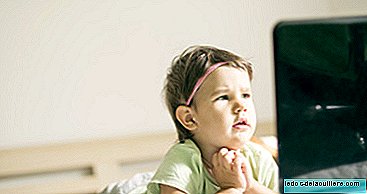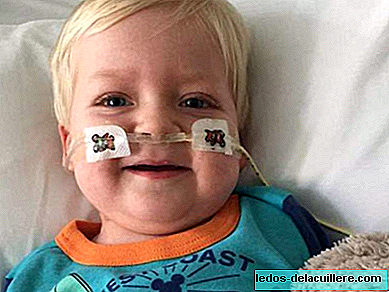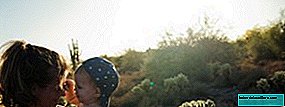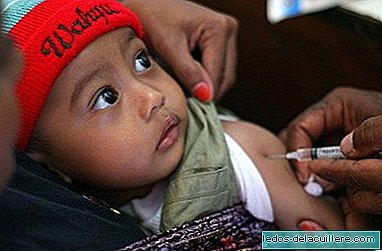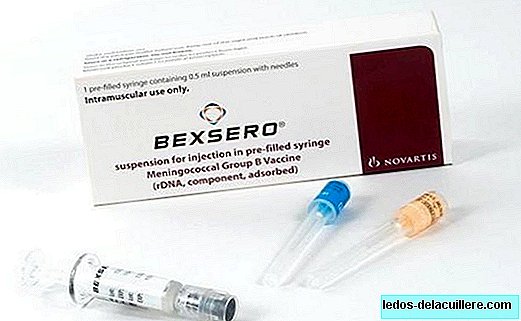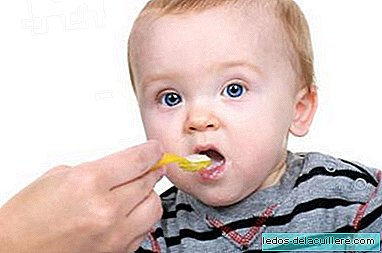
Perhaps you ignored, like me, that everyday foods we eat at home could contain toxic substances such as lead or arsenic. Yes, they contain them and from now on their presence will be restricted to maximum values to preserve the health of the little ones.
The Food Codex Commission, which sets international standards for food safety and quality, has limited the presence of lead in infant food and arsenic in rice.
Regarding the amount of lead, the commission set a limit of 0.01 milligrams of lead per kilogram in baby food cans. So far, double was allowed, up to 0.02 milligrams per kilo.
Lead is a mineral that is found naturally in the environment, so it can affect foods that are used to make children's products.
Babies and young children are especially vulnerable to the effects of lead, which can affect brain development. Therefore, the commission suggests that foods from lead-free areas be chosen.
For its part, on rice, the presence of arsenic was limited to 0.2 milligrams per kilogram. Arsenic is found naturally in water and underground in some parts of the world, being absorbed by rice while it is grown.
It is a toxic substance that, due to prolonged exposure, can cause cancer and skin lesions, and has also been associated with cardiovascular diseases, diabetes, and brain diseases.
Parents are unaware of the toxins that may contain foods that we consume daily, so it is important that agencies update their recommendations periodically. Food safety is paramount to the health of our children.


